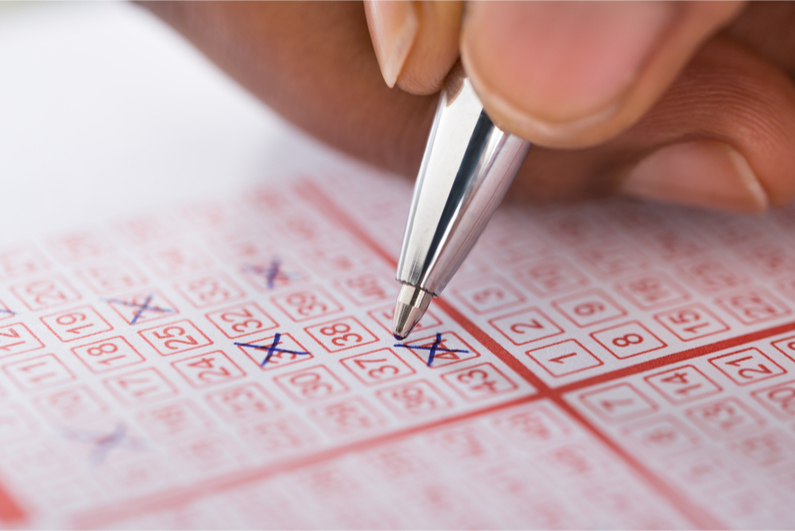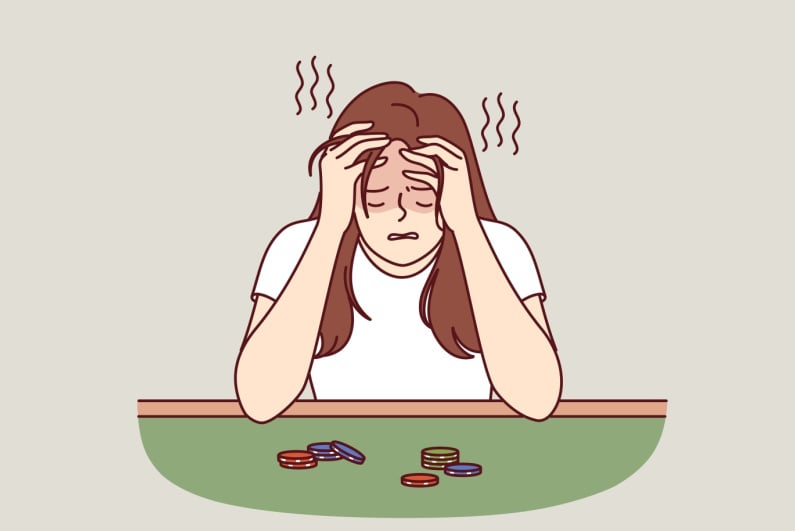Divorces, a jobs boom, and a commitment to recapture a place in the eyes of the British public were the reasons behind the National Lottery’s latest success in the UK.
Despite a disappointing few years, the National Lottery is celebrating after it reversed its annual sales slump in figures released this month after Chief Executive Nigel Railton admitted that the lotto had “lost relevance” for many Britons.
Sales surge in second quarter
In the second quarter of 2018, owner Camelot announced that ticket sales had rocketed upward with a £26.4m ($35m) increase after a previous slump of 8.8%. Railton had labeled it, “One disappointing year” and it’s no wonder.
One year and a heck of a strategic review later and the company found themselves on the up once more. Railton explained his findings. He said: “What the strategic review identified was that we needed to become more relevant. We had lost relevance, quite frankly. These things don’t tend to hit you at once; they tend to catch up with you. That was the idea of the strategic review: If we have lost that place in people’s lives, how do we recapture that?”
Divorce meant freedom
For Rae Radford, 55, from Kent, her recent divorce was the deciding point in coming back to play Lotto. While she’s not spending quite as much as she used to as part of a couple, she has started again after being on a break the last few years.
She explained: “We didn’t feel the need to play the lottery anymore, it wasn’t on the TV, and we didn’t feel involved.”
Despite giving up a prime-time live slot on the BBC until January 2017, the strategic review meant that the National Lottery was soon on the look-out for a new home as Railton sought to bring the brand back into people’s consciousness. It now has a Saturday evening prime-time placing on ITV.
It was this program that jogged Rae’s memory. “It made me want to put my money on again – although as a single woman I’m only playing around £16 a month.”
New advertising for National Lottery
Another outcome of the review was choosing a new advertising agency to reinvigorate the brand. Railton decided last week on the firm behind successful UK store John Lewis, the Adam & Eve/DDB agency, to lead a new campaign. He said, “While there is much work still to do – and we’ll continue to face challenges beyond our control, such as continuing doubts over the economy and ever-increasing competition from the gambling sector, we’re confident that we have some really strong plans lined up.”
Meanwhile, analysis of winners across the UK reveals that most winners get more pleasure from gifting to family, friends, and charity than spending the money on themselves.
Andy Carter, senior winners’ adviser at the National Lottery, said gifts include cash, holidays, cars and houses. A fifth is helping others with university fees.
He said the UK’s 5,000 lottery millionaires had created a further 1,750 millionaires by sharing their windfall; more than half will make their children millionaires, and a third believe they will also make their grandchildren millionaires.
“After the shock and excitement, nearly all winners first question how they can look after their nearest and dearest,” he said. “In many cases, this seems to bring winners even greater joy than thinking about how they can treat themselves.
“I see first-hand the effect a win can have on the circle of people close to a winner, and this always reminds me that at heart we are a nation that is kind and generous.”
With more workers now in employment than ever before, this new campaign could bring the National Lottery back into the minds of UK players once more.



